What is to be Done With the MSMS Honor Court?
September 3, 2015
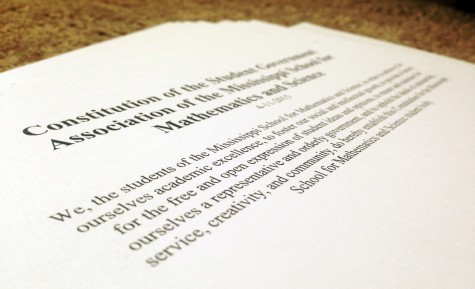
The Student Government Association lacks definitive rules for Honor Court elections
Last week, The Vision reported that the administration of our school decided to make a fundamental change to our Honor Court. As students, we had the ability last year to appeal any infractions made by a non-administrative member of the residence life staff and have it reviewed by a body of our peers.Though that privilege still exists, the ultimate power to overturn or uphold an appealed infraction no longer sits with the students of the Honor Court. Instead, the decision of the Honor Court has been turned into a strong recommendation that is sent to the administration for approval.
These changes call into question whether the Honor Court will be a valid system for students to appeal infractions since the ultimate decision now rests with the superiors of those who issue the infractions in the first place. Though the effectiveness of the Honor Court remains to be seen this year, several students are uncomfortable with the sudden shift of power away from the students.
“If this is not happening for our professional faculty members, it should not happen for our professional staff members in the residence halls,” said Dr. Germain McConnell, reasoning the shift of authority. “To me, it’s a sign of disrespect in saying what you say does not matter, you’re far less important than the faculty members and one of the things I’ve been trying to do since I’ve been here is to make sure that we treat everybody the same, because everybody is a professional here. ”
If the Honor Court system is unfair to the residence life staff, and if there are no checks and balances in place to make sure that only responsible students are elected, then the solution is to expand Honor Court’s jurisdiction and to compose a clear procedure for the election of its justices.
The first issue with Honor Court is that is places an unfair amount of scrutiny on the residence life staff and not the faculty. The solution to this is to expand the jurisdiction of the honor court to handle referrals administered by faculty. Though these are few and far between, the most common appeal would most likely become tardy infractions. By expanding the Honor Court’s jurisdiction, at least the faculty and residence life staff would be treated equally.
The handbook states that the Honor Court is only authorized to handle Level 1 and Level 2 infractions. This would place issues of academic dishonesty outside of the reach of Honor Court if their powers were expanded to cover the faculty-issued infractions.
Honor Court has several clear issues, but the solution is not to take the powers it allows from the hands of those it was meant to serve
— Christian Donoho
Another major issue with the Honor Court is the possibility of having students who will unfairly rule in favor of students in every case that is presented before them. The cause of this is the lack of a formal procedure for the election of Honor Court itself. The school handbook and the Student Government Association Constitution both fail to define the election procedure for the Honor Court and the Class Officers specifically and in a great amount of detail.
The only description of the process of electing Honor Court is located in Article I, Section 5 of the Student Government Association Constitution and even this description is vague and seems to be written more for the Class Officers than the Honor Court.
Therefore, the solution to deal with the possibility of an unfair Honor Court lies in the election process.
As West Given’s suggested in an interview last week, “I think it should be a mixture of student- and teacher-elected. I don’t think it should be fully student-elected because they’ll elect students that’ll side with the students always. And in that case, I think that’s where teacher elections should come in. Even in the first three weeks of school, the teachers get to know us well and they can tell what students would be good for the position. That’s how I would suggest running the selection process.”
By having a popular vote for a multitude of candidates who will fill the positions and filtering them through a committee of teachers, the choice of the student body can be honored and a system of accountability can be in place. If a system of elections like this were implemented, or even a system of direct election by the faculty, the power of overturning and upholding appeals can be left in the hands of the students where it belongs.
Honor Court has several clear issues, but the solution is not to take the powers it allows from the hands of those it was meant to serve. By organizing the election process to make sure only our best and most responsible are allowed to serve and expanding its jurisdiction in the name of fairness, the Honor Court can be preserved with power equally balanced between the students, residence staff, faculty and administration.


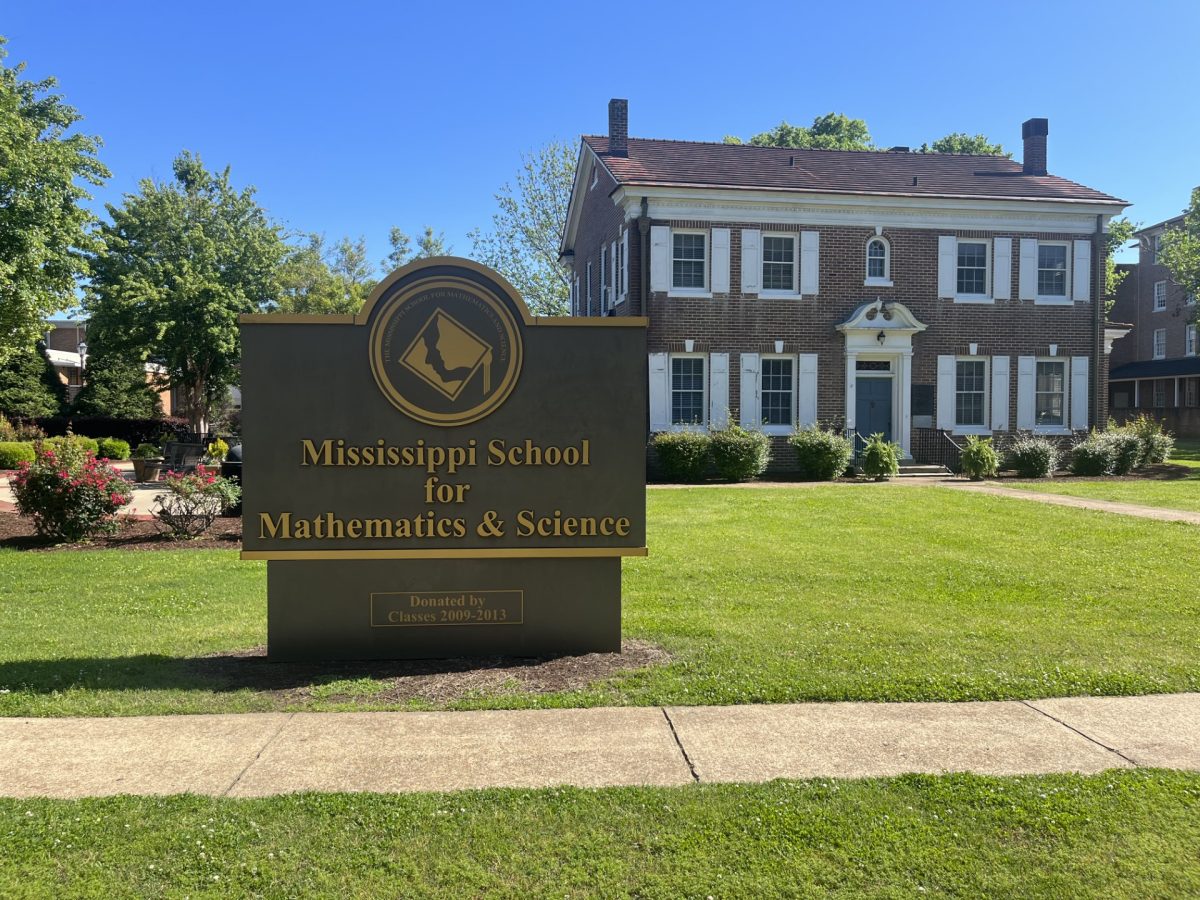

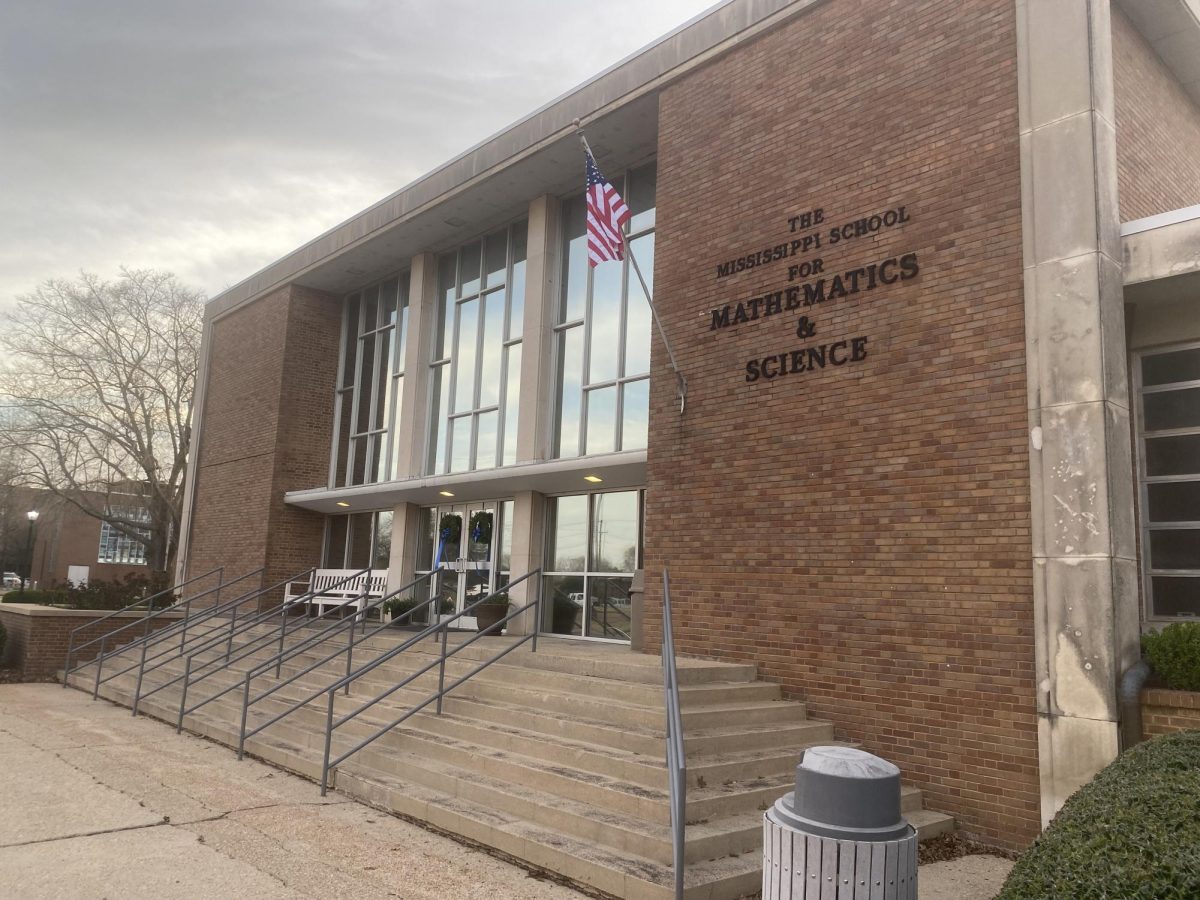
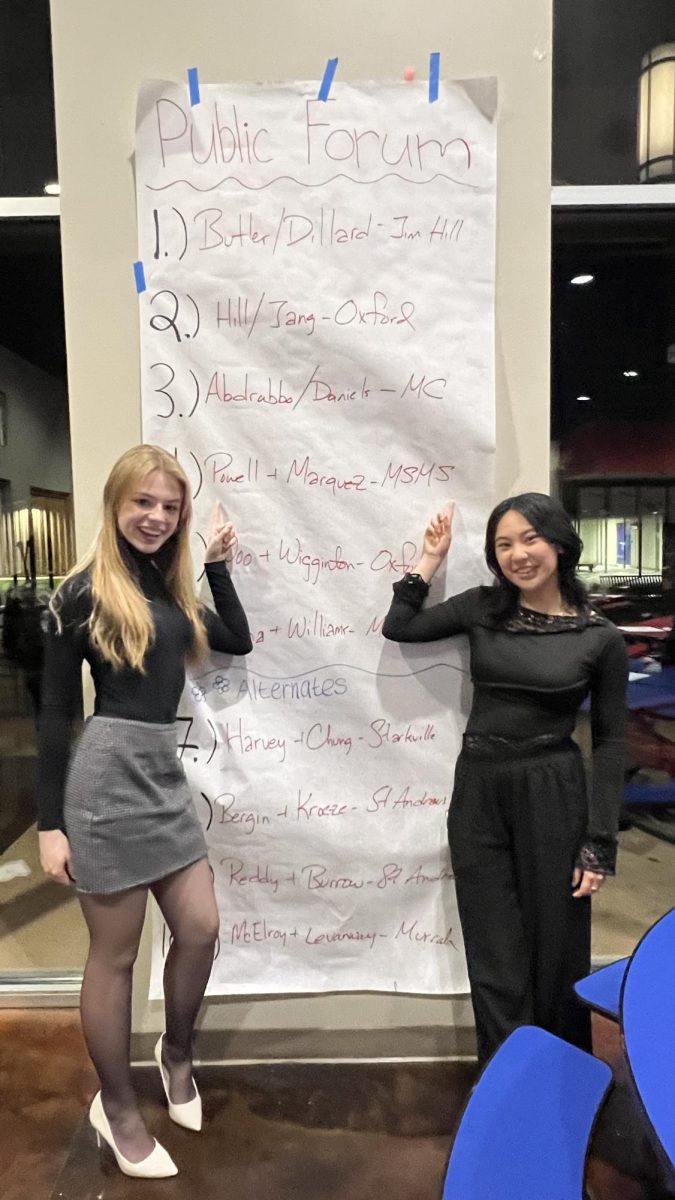

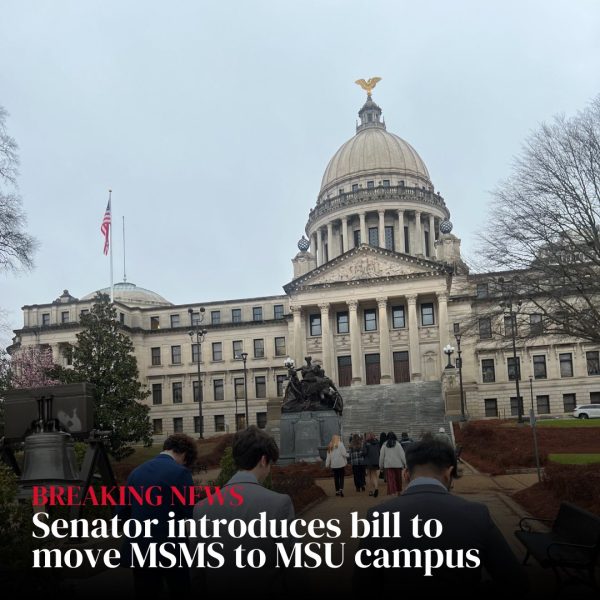

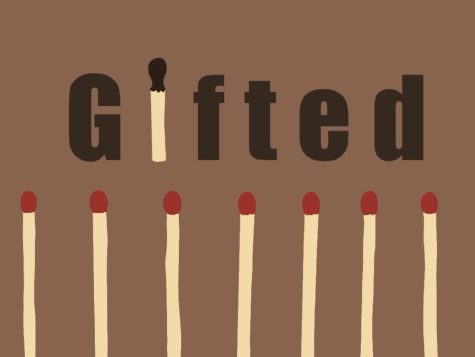
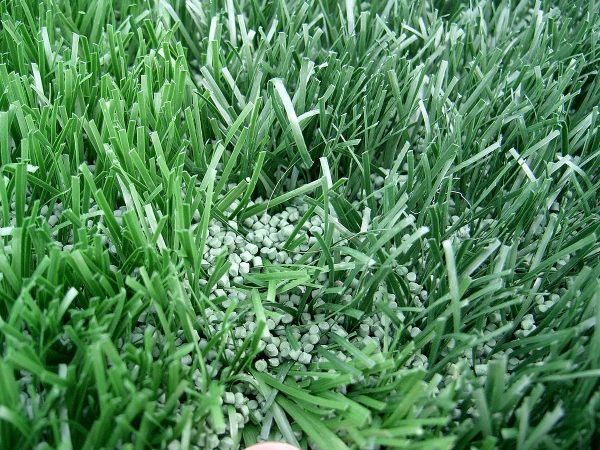
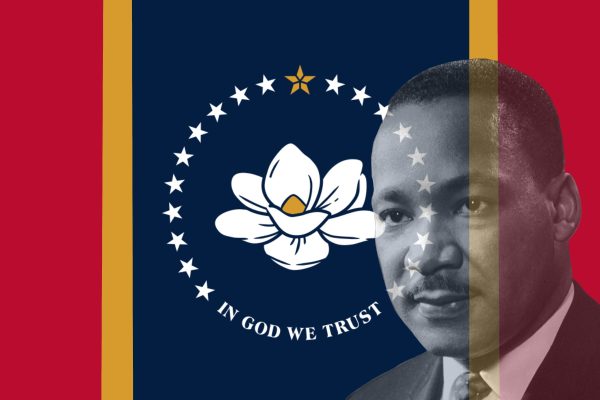

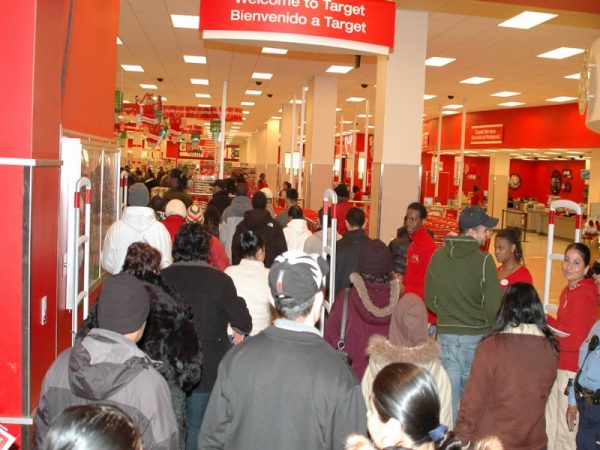
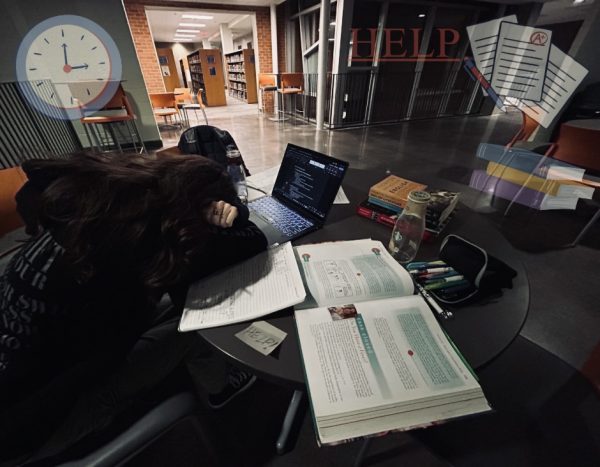


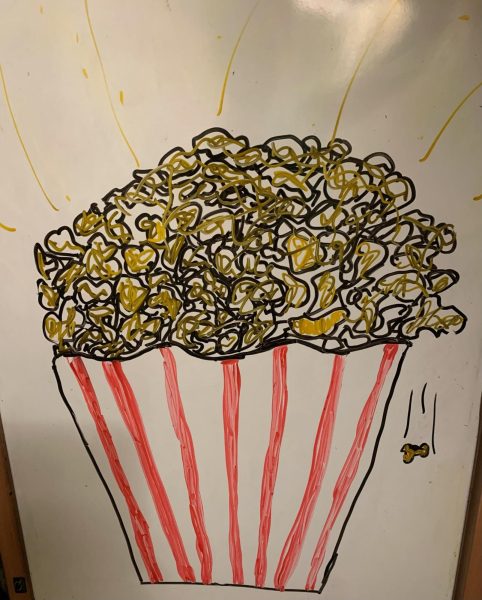

Nathan Barlow • Sep 9, 2015 at 8:52 pm
The argument about unfairness to the dorm staff is weak. As Christian correctly pointed out, the reason why Honor Court handles student affairs infractions exclusively is because only student affairs faculty can dish out substantive level 1s and 2s. Who on Earth would appeal a tardy?
I don’t understand how anyone could actually label it unfair. “Fair” implies an equal distribution of some thing or attribute by accidental or intentional means. What is unfairly distributed under the old honor court system? Innocent verdicts? Being proved wrong? It’s not like the dorm staff stamp their feet and say “And I would have gotten away with it too if it weren’t for that pesky honor court” when a write-up is successfully appealed. A reslife employee worth his or her salt shouldn’t care one way or another whether the write-up is appealed or not. It isn’t reslife’s job to care. If proved wrong, a good dorm employee should shrug his or her shoulders and say “Huh. I guess I was wrong” and move on.
What is “this” in Dr. McConnell’s quote about “If this is not happening for our professional faculty members, it should not happen for our professional staff members in the residence halls.” To what is he referring? This isn’t a real reason. As Liz said, I would appreciate an official response. And perhaps a comprehensible reason for a change.
Liz • Sep 4, 2015 at 7:34 pm
Really like this article. I wish one of the administrators would write a public response.